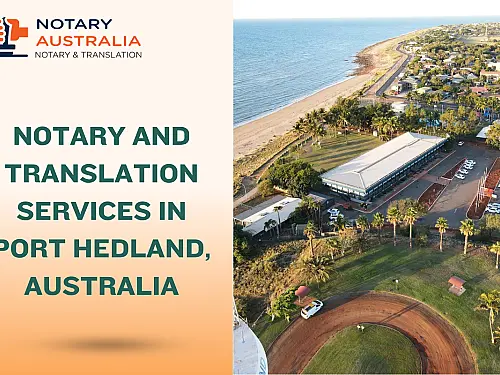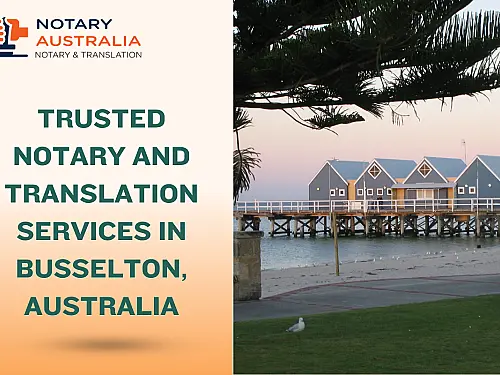



Witnessing Signatures in Australia: Why a Notary Public Matters
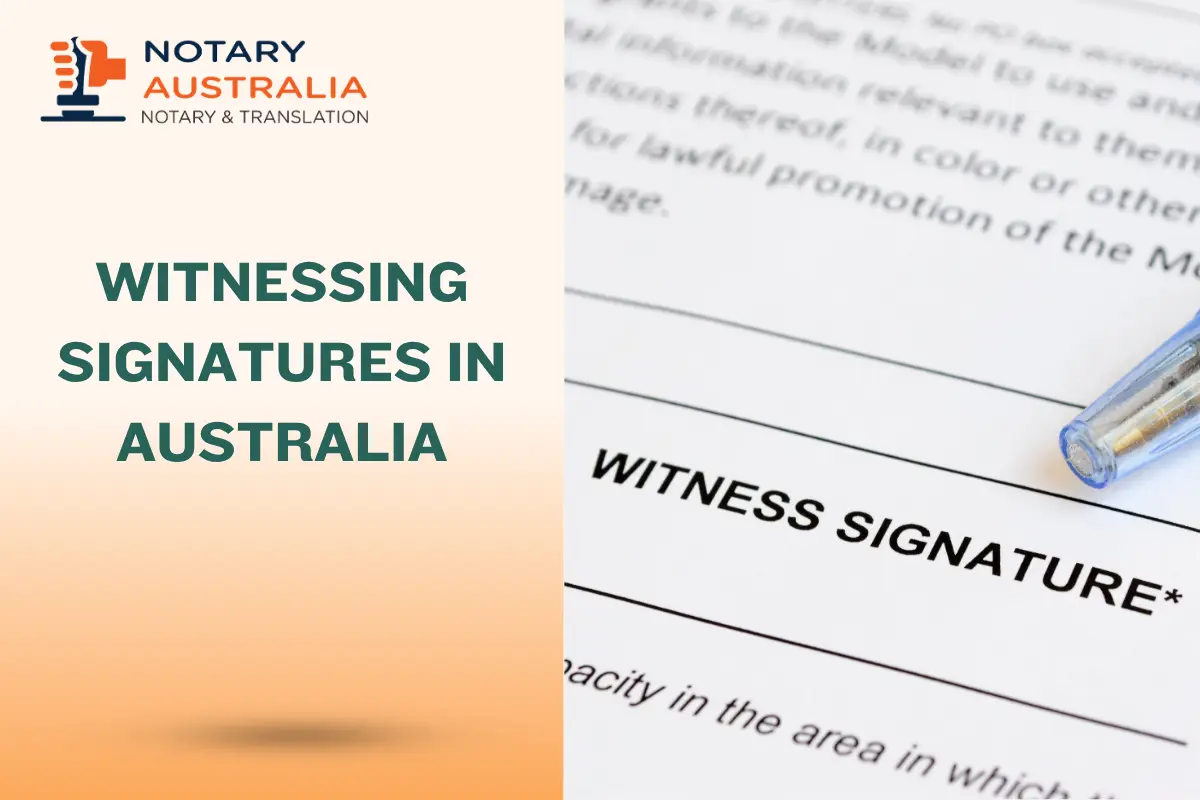
Table of Contents
What Does Witnessing a Signature Mean?
Witnessing a signature involves a qualified person, such as a notary public, observing the signing of a document and confirming that the signature was made willingly and by the appropriate individual. This ensures the document's legitimacy and helps prevent fraud or disputes. In Australia, notaries can also certify the authenticity of the signer’s identity and the date of signing.
Witnessing vs Certifying vs Notarizing
- Witnessing: Observing and attesting that a document is signed voluntarily.
- Certifying: Verifying that a copy of a document is a true copy of the original.
- Notarizing: A broader process involving identity verification, witnessing, and sometimes attaching official seals for international validity.
Why Use a Notary Public to Witness a Signature?
A notary public provides a higher level of assurance. Their signature and official stamp add legal weight, especially for international documents or high-value transactions. In many situations, Australian institutions and overseas entities will only accept documents that have been signed in the presence of a notary.
Legal Enforceability
Documents signed in front of a notary are generally presumed valid in legal settings. This makes them crucial in:
- Real estate transactions
- Business contracts
- Powers of attorney
- Affidavits and declarations
Common Documents That Require Notarial Witnessing
Power of Attorney (POA)
POAs are sensitive legal instruments granting authority over another’s decisions. Notarial witnessing is often required to ensure voluntary consent.
Business Agreements
Shareholder agreements, NDAs, and service contracts may need notarization to be valid overseas or to hold stronger legal credibility.
Wills and Estate Planning
While a will can be valid without notarization, having a notary witness it adds a layer of defense against future disputes.
Affidavits and Statutory Declarations
Common for legal, immigration, and family court matters. A notary ensures the declarant understands and affirms the truth.
Real Estate Transactions
Selling property, especially across borders, demands notarized signatures for contracts and transfer deeds.
Online and Mobile Notary Witnessing
With advances in digital legislation and convenience, notaries in Australia can now offer online witnessing under specific conditions.
Online Notary Services
Digital witnessing is allowed for:
- Certain affidavits
- Declarations
- Remote clients with valid ID verification
This is typically done through secure video conferencing tools with digital signature capabilities.
Mobile Notary Services
Mobile notaries travel to your location – home, hospital, or office. Ideal for elderly signers, urgent matters, or those without internet access.
Benefits:
- Flexibility
- Faster turnaround
- Support for last-minute or time-sensitive signings
Legal Framework and Identity Checks
Identity Verification
Notaries in Australia are legally obligated to:
- Check valid photo ID (e.g., passport, driver’s license)
- Confirm the signer’s understanding of the document
- Confirm the signer is acting of their own free will
Legal Validity and Jurisdiction
Each Australian state may have slightly different rules on what documents require notary witnessing, but the process is largely uniform across the country.
Notary Fees and Appointment Scheduling
How Much Does It Cost?
Notary witnessing services typically cost between AUD $60–$200, depending on:
- Number of documents
- Travel required (for mobile services)
- Urgency (after-hours or same-day service)
Booking a Notary Appointment
Most notaries now offer:
- Online bookings
- Mobile visits
- Digital document handling for pre-submission reviews
What to Bring:
- Government-issued photo ID
- Original and copies of the documents
- Witnesses if required (depending on the type of document)
Final Thoughts
Witnessing a signature may seem like a small step, but it plays a big role in ensuring document legitimacy, especially in:
- International submissions
- Legal proceedings
- Financial transactions
Notary vs Justice of the Peace (JP)
While both can witness documents:
- Notaries are legally recognized internationally
- JPs serve within local/state jurisdiction
If your document is for overseas use or high-value matters, a notary is strongly recommended.

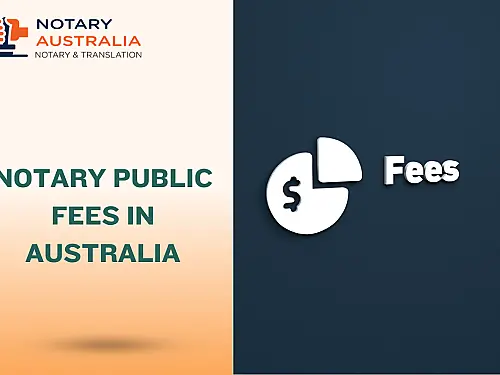

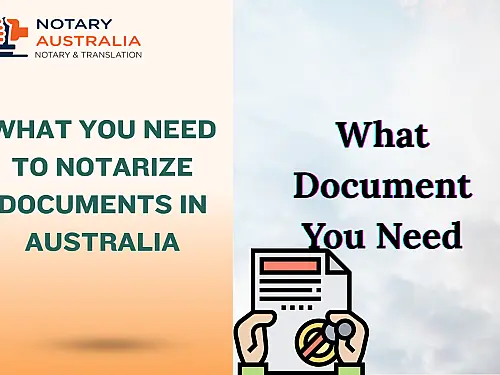
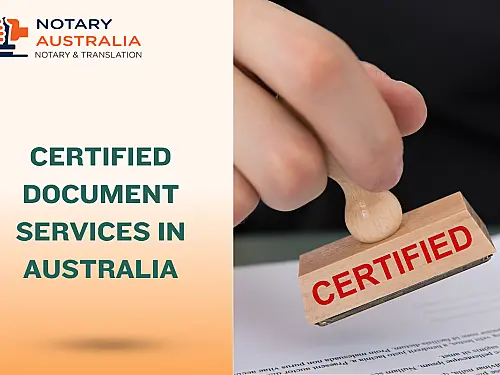
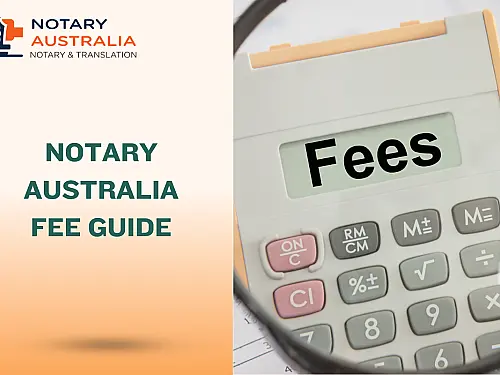
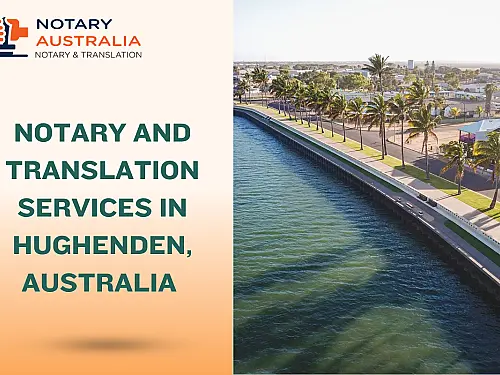
-thumb.webp)

